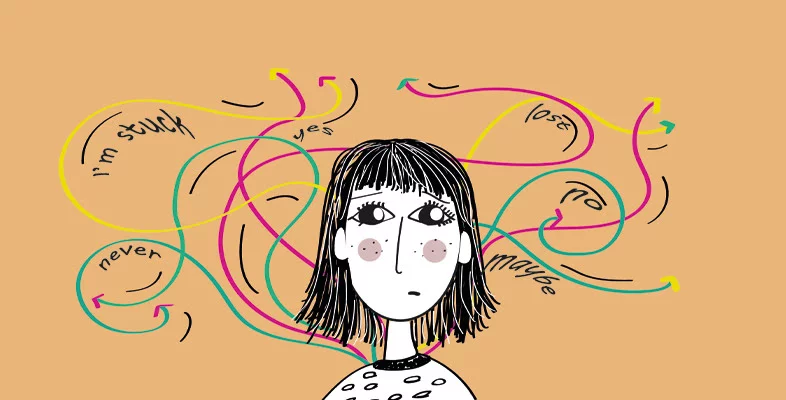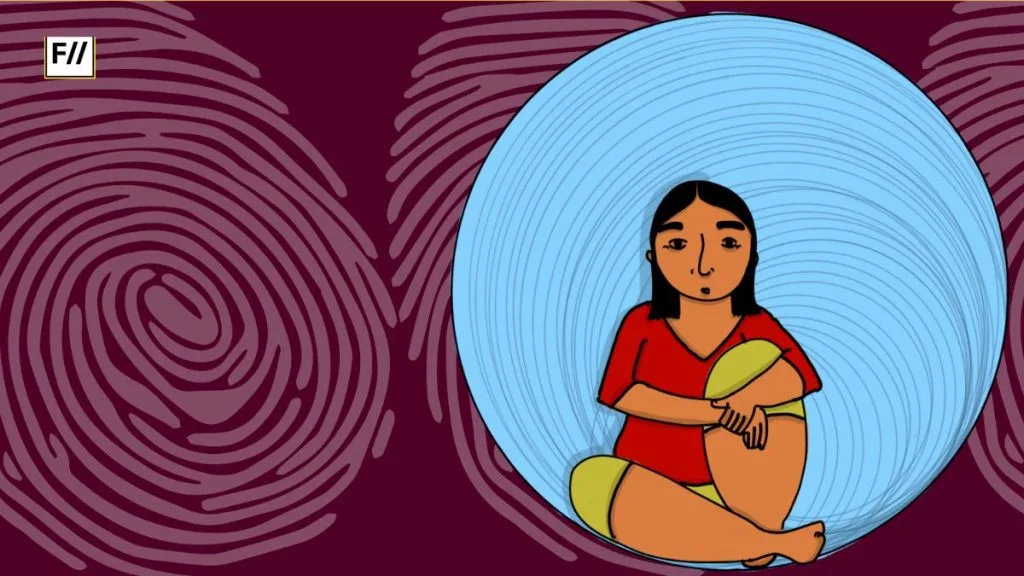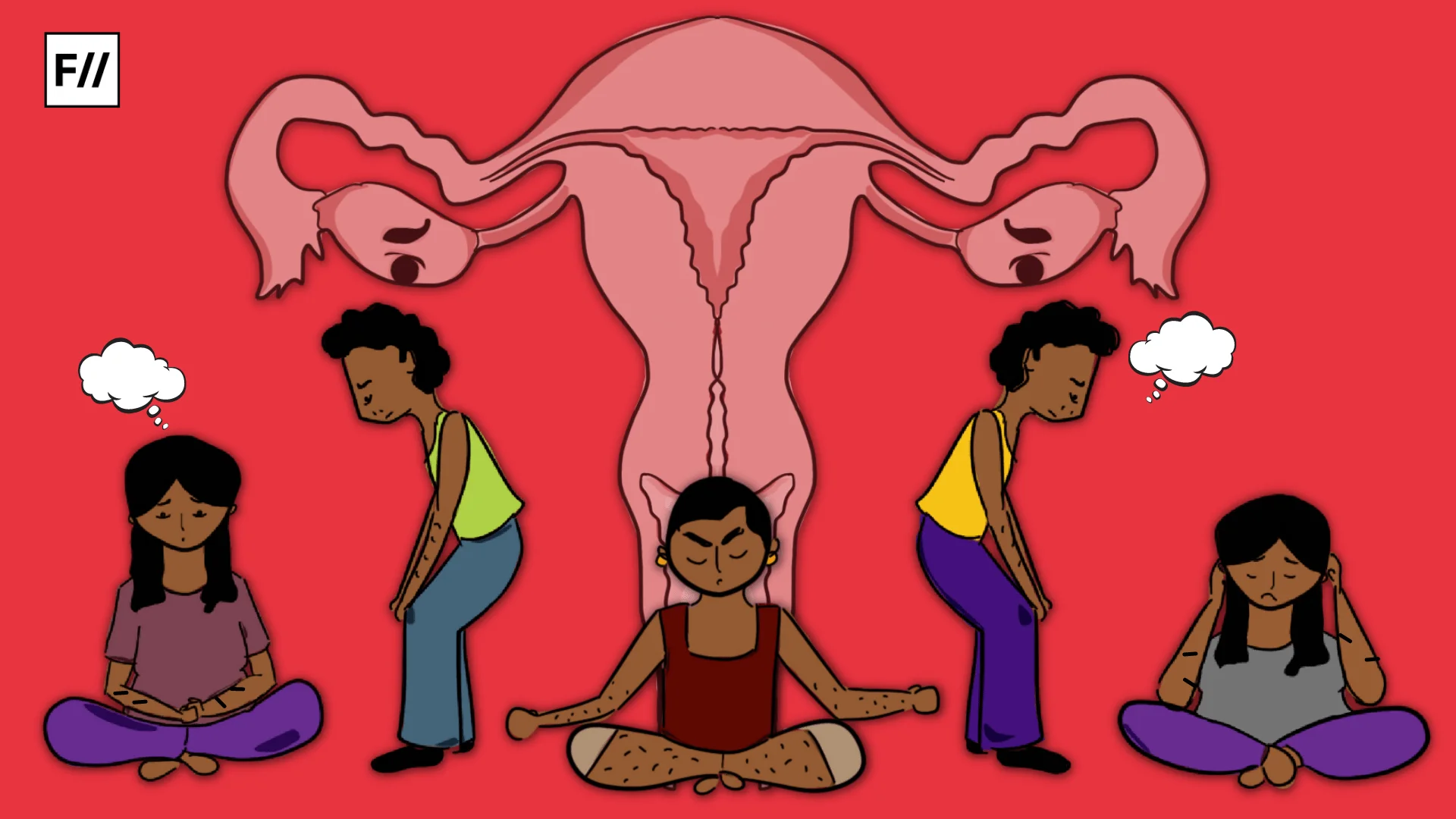In its May 2025 white paper, ‘Prescription for Change’, the World Economic Forum is unequivocal: women’s health remains under-researched, under-represented, and under-funded. To address these gaps, the paper calls for “deeper sex-specific insights”— examining the biological differences between women and men to understand how diseases manifest differently in women and how those differences may impact diagnosis and treatment.
Women are not a monolithic group. Despite shared biology, differences in neurotypes — how a person’s brain processes information and responds — can lead to varied health experiences. Women who are neurodivergent, including those with autism, ADHD, or Tourette syndrome, may experience symptoms in ways that don’t align with clinical expectations, which are predominantly based on examining neurotypical patients. Without recognising neurodivergent women’s needs and experiences, closing the research gap becomes unattainable.
Invisible lives and marginalised struggles: Neurodivergence and menopause
Consider menopause. Although the severity of menopausal symptoms varies significantly, recent research indicates that women with neurodivergent conditions are especially vulnerable. A 2020 study in the UK found both physical and psychological effects to be more intense for them. They also reported especially pronounced sleep disturbances, memory lapses, and concentration issues.

The overlap of menopausal symptoms and the cognitive challenges that neurodivergent women already face creates a compounding effect. For instance, a 2024 study by Debora Gottardello and Belinda Steffan noted that poor concentration is both a symptom of menopause and an ongoing challenge for neurodivergent women who were either menopausal or post-menopausal. Gottardello and Steffan observed that when such women enter menopause, there is increased distractibility due to multiple sources of mental fatigue.
Women are not a monolithic group. Despite shared biology, differences in neurotypes — how a person’s brain processes information and responds — can lead to varied health experiences. Women who are neurodivergent, including those with autism, ADHD, or Tourette syndrome, may experience symptoms in ways that don’t align with clinical expectations, which are predominantly based on examining neurotypical patients.
Describing her lived experiences of being neurodivergent and menopausal, one participant with ADHD said, “[It] worries me more now… I forget more, and I can’t control as before.” In an earlier study that examined menopause in autistic women specifically, a participant reported, “When I talk about [menopause], I say, ‘My autism broke‘ Before that, my autism was working fairly well for me, providing me with good job skills.“
These examples highlight a compelling need to pay closer attention to how life transitions, often considered a ‘normal part of a woman’s life’, impact neurodivergent women differently from their neurotypical counterparts.
Neurodivergent vulnerabilities: from eating disorders to heart diseases
Neurodivergence also overlaps with eating disorders (ED), which disproportionately affect women. Recent research has found an ‘underlying vulnerability in the neurodivergent population that predisposes them to ED’. There is also a higher risk of poorer treatment outcomes for those battling ED who are also neurodivergent, as noted in a 2024 article. The researching clinical psychologists called for examining ‘the unique vulnerabilities within the neurodivergent [group] to improve their treatment outcomes’.

Even conditions like heart disease — which is already poorly understood in women — pose greater challenges for neurodivergent women. The medications prescribed to neurodivergent women can themselves create additional risks. Many autistic women are, for example, prescribed antipsychotics to manage co-occurring mental health conditions. However, there are potential ‘downstream cardiovascular effects of elevated levels of antipsychotic medication use’, as recent research suggests.
A 2023 study screened women with heart-related symptoms — most of them peri-menopausal — for ADHD. Researchers found that women with ADHD were, on average, two years younger than those without ADHD, indicating an earlier onset of heart complaints and potentially greater severity.
For most women in India and across the globe, barriers to healthcare access are a persistent reality. In India, the unavailability of medicines, logistical challenges to access healthcare services, and a shortage of trained healthcare providers create significant obstacles. Without recognising neurodivergent women’s needs and experiences, closing the research gap becomes unattainable.
This observation is especially significant when viewed alongside the fact that menopause at a younger age is an increasingly recognised risk factor for cardiovascular disease. Importantly, most 2023 study participants were not even diagnosed with ADHD before the screening, which highlights how undetected neurodivergence may mask critical risk factors.
Barriers to healthcare access: redefining research for inclusion
For most women in India and across the globe, barriers to healthcare access are a persistent reality. In India, the unavailability of medicines, logistical challenges to access healthcare services, and a shortage of trained healthcare providers create significant obstacles. Moreover, there’s a glaring lack of India-specific research that examines how neurodivergent women navigate various health conditions.

Focusing health research solely on gender differences while ignoring neurotype differences further marginalises those whose needs are often unrecognised or unmet. To improve research quality and health outcomes, adopting an inclusive research design is essential.
Researchers must use methodologies that account for neurological diversity and include neurodivergent participants with lived experiences. Medical professionals need better training to understand neurodivergence and its manifestations, including communication styles that may differ from those of neurotypical patients, enabling them to better address the needs of neurodivergent patients. After all, the health conditions they experience are inseparable from their neurodivergence.
An intersectional lens for investigating women’s health should extend beyond sex and gender differences. Neurotype differences, which are often not visible, play a crucial role. Unless women’s health research meaningfully integrates neurodivergence, diagnostic tools and treatments will continue to reflect the lived experiences of only some women. Not all.
About the author(s)
Shayonee Dasgupta is a freelance writer and independent researcher who reports on the intersection of health, wellness, gender, and neurodivergence. In her past, she used to be a corporate lawyer.




